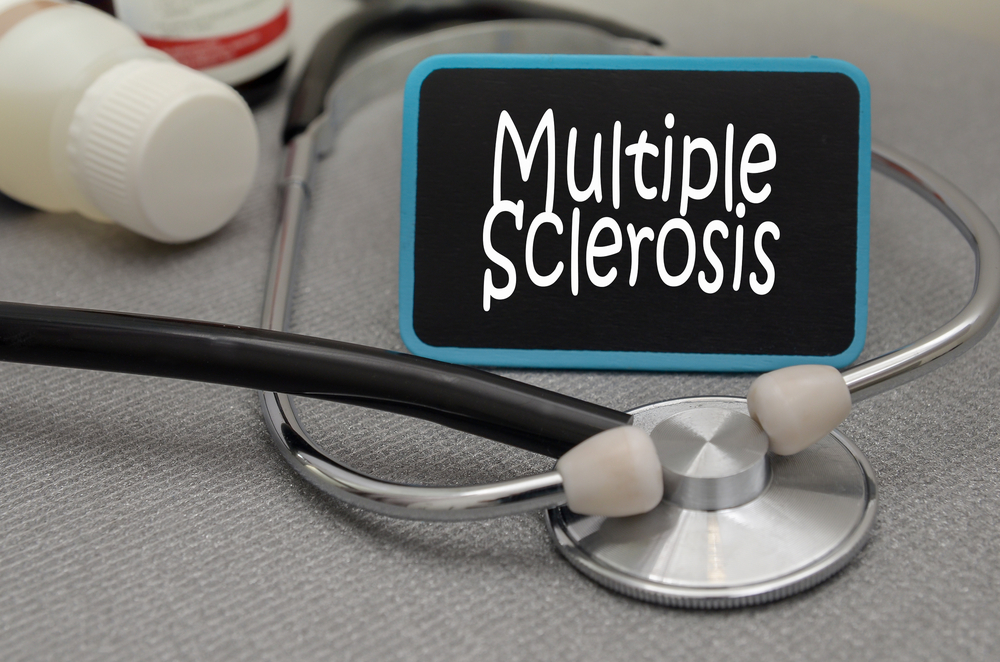Fewer RRMS Patients Relapse, Discontinue Treatment with Gilenya, Study Finds
Written by |

Relapsing-remitting multiple sclerosis (RRMS) patients on Gilenya (fingolimod) have fewer relapses and stay on treatment longer than those taking Tecfidera (dimethyl fumarate) or Aubagio (teriflunomide), according to a new study.
The research, “Comparison of fingolimod, dimethyl fumarate and teriflunomide for multiple sclerosis,” was published in the Journal of Neurology, Neurosurgery & Psychiatry.
Oral immunotherapies have been used as first-line treatment for patients with RRMS, but they have not been directly compared in randomized studies. Data from placebo-controlled clinical trials and observational groups suggested that Novartis’ Gilenya and Biogen’s Tecfidera have a similar ability to suppress inflammation, but Gilenya was the most effective option for patients who had switched from injectable therapies.
Comparing relapse and disability outcomes is needed for evidence-based choices of initial oral therapy, switching between oral medications, or treatment escalation due to prior failure, the researchers noted.
Aiming to address this gap, the team compared relapse activity, disability accumulation and lessening — quantified with one point increase or decrease, respectively, in the Expanded Disability Status Scale (EDSS) and confirmed over months — as well as treatment discontinuation among RRMS patients treated with Gilenya, Tecfidera or Sanofi Genzyme’s Aubagio.
Discuss the latest research in the MS News Today forums!
Overall, the study included 614 patients on Aubagio (14 mg daily), 782 on Tecfidera (240 mg twice daily), and 2,332 on Gilenya (0.5 mg daily), treated between December 2006 and September 2017. Patients were identified in the global MSBase study, which is partially supported by Biogen, Novartis, and Sanofi Genzyme, and were followed for a median of 2.5 years.
All patients had been treated continuously with either therapy for a minimum of three months, and had not received treatment with Sanofi Genzyme’s Lemtrada (alemtuzumab) or stem cells. Also, they had a minimum of nine cerebral lesions, as assessed with magnetic resonance imaging (MRI).
A total of 109 (5.2%) patients on Aubagio, 275 (10.1%) on Tecfidera, and 221 (3.4%) on Gilenya discontinued therapy during the initial three months and were excluded from the analysis.
Patients underwent a brain MRI scan within 12 months prior, and one week after, starting therapy.
At baseline, those on Aubagio tended to be older, had longer time from disease onset, fewer relapses and MRI activity during the previous year, and also lower (better) EDSS score compared to the other two therapies. In contrast, patients on Gilenya tended to have higher EDSS score (meaning worse disability), and more relapses during the prior year in comparison to people on Tecfidera.
Results showed that Tecfidera and Aubagio led to similar annualized relapse rates (ARRs; 0.19 vs 0.22) — the number of confirmed relapses per year. In turn, treatment with Gilenya was associated with lower mean ARR than with Aubagio (0.18 vs 0.24) or with Tecfidera (0.20 vs 0.26), as reflected by a difference of one relapse every 11-17 patient-years — a measure of incidence obtained by multiplying the number of persons at risk per time.
Despite this difference in ARRs, the three therapies led to similar rates of confirmed disability accumulation and lessening.
The data further showed that patients on Tecfidera or Aubagio had a similar likelihood of discontinuing treatment. Adverse side effects were reported by a similar proportion of patients as a reason to stop therapy (7-8%), but lack of efficacy was more common in Aubagio (15%) than in Tecfidera (8%) groups.
In contrast, patients on Gilenya were less likely to stop treatment than those on either Tecfidera or Aubagio. Discontinuation due to adverse side effects, but not due to lack of efficacy, was less likely to be reported by people on Gilenya.
A subsequent analysis indicated a trend toward more frequent recovery from disability on Tecfidera than on Aubagio.
Overall, “fingolimod [Gilenya] is associated with a lower incidence of relapses and discontinuation rate than dimethyl fumarate [Tecfidera] and Teriflunomide [Aubagio],” the team concluded, adding that “the effect of the three oral therapies on disability outcomes was similar during the initial 2.5 years on treatment.”
Of note, the study authors have served on advisory or editorial boards/steering committees, received travel support, honoraria, consultant fees and/or research support, and/or participated in clinical trials by Sanofi Genzyme, Novartis and/or Biogen.


